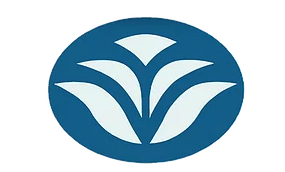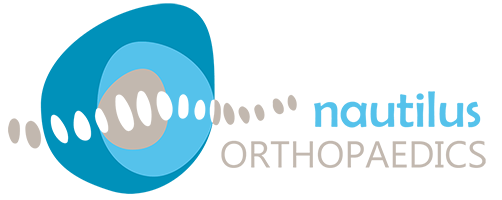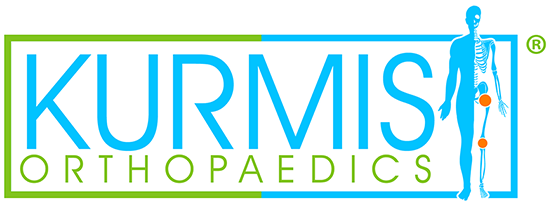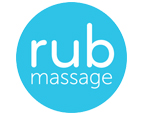What is Osteoporosis?
The aptly-named osteoporosis (‘bones with holes’), is a common condition that affects 6.2 million Australians. During childhood our bone formation exceeds our bone resorption (breakdown). As we age, we have a gradual and progressive decline in hormones, particularly estrogen, which is linked to bone loss. The decline of estrogen production causes a reduction in bone formation, hence, increased rates of bone resorption/breakdown. Over time, this leads to a low bone mineral density making the bones weaker and more susceptible to fractures.
Women over 50 are at increased risk (23%) of developing osteoporosis due to estrogen deficiency-related to menopause, compared to men with a 6% chance of developing the condition.
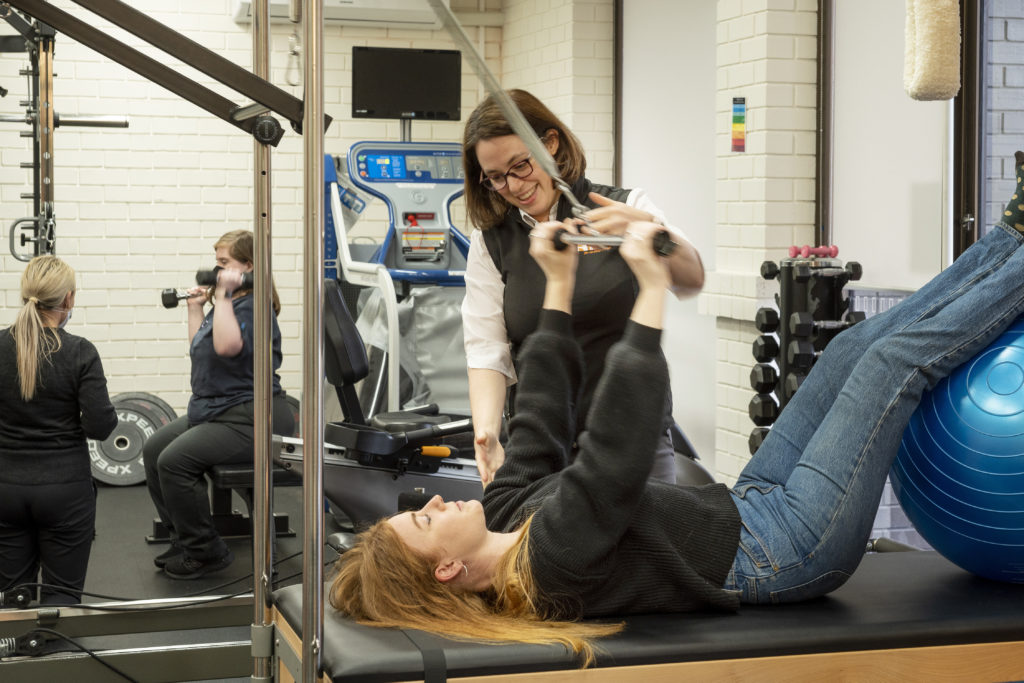
How can exercise help?
Resistance exercise, also known as strength training, is a type of exercise that involves using weights or resistance bands to build muscle and increase strength. Not only is resistance exercise important for all ages but it can be especially beneficial for those with osteoporosis or low bone mineral density.
Here are my top five ways that resistance exercise can benefit those with osteoporosis and low bone mineral density:
- Builds bone density: Resistance exercise has been shown to increase bone mineral density, which can help prevent fractures and reduce the risk of osteoporosis. When you perform resistance exercises, the muscles pull on the bones, which stimulates bone growth and remodeling. This can help to increase bone density and strength.
- Increases muscle strength: Resistance exercise can help to increase muscle strength, which will improve balance and reduce the risk of falls. Further, strong muscles help to support the bones and joints, which can help to prevent fractures. Resistance exercise can also help to improve posture, which can reduce the risk of back pain and other musculoskeletal problems.
- Improves overall health: Resistance exercise can provide numerous health benefits, including improving cardiovascular health, increasing metabolism, and reducing the risk of chronic diseases such as diabetes, heart disease, and cancer. These benefits can help to improve overall health and quality of life, especially in those with osteoporosis or low bone mineral density.
- Reduces risk of injury: Resistance exercise can help to strengthen the muscles and bones, which can reduce the risk of injury. Strong muscles and bones are better able to withstand the stresses of daily life, which can help to prevent fractures and other injuries. Resistance exercise can also help to improve balance and coordination, which can further reduce the risk of falls and injuries.
- Can be adapted to individual needs: Resistance exercise can be tailored to meet the individual needs and abilities of each person. This makes it a versatile and effective form of exercise for those with osteoporosis or low bone mineral density. Exercises can be modified to accommodate any physical limitations or injuries, and the resistance level can be adjusted to match each person’s strength level.
Overall, resistance exercise can be an effective way to improve bone density, muscle strength, overall health, and reduce the risk of injury in those with osteoporosis or low bone mineral density. It’s important to note that resistance training is just one component of a comprehensive approach to osteoporosis management. Other important factors include adequate calcium and vitamin D intake, a balanced diet, and regular weight-bearing exercise like walking. If you have osteoporosis or low bone mineral density, speak with a healthcare provider or accredited exercise physiologist before starting any new exercise program. With proper guidance and supervision, resistance exercise can be a safe and effective way to improve your health and overall quality of life.
The Physio Clinic has university-qualified Exercise Physiologists (EPs) at our Blackwood and Prospect locations who specialize in designing and delivering individualized, safe and effective exercise interventions for people with osteoporosis and low bone mineral density.
For more information contact The Physio Clinic on 8342 1233 or click below to book online.
By Jasmine Reynolds | Exercise Physiologist Blackwood














